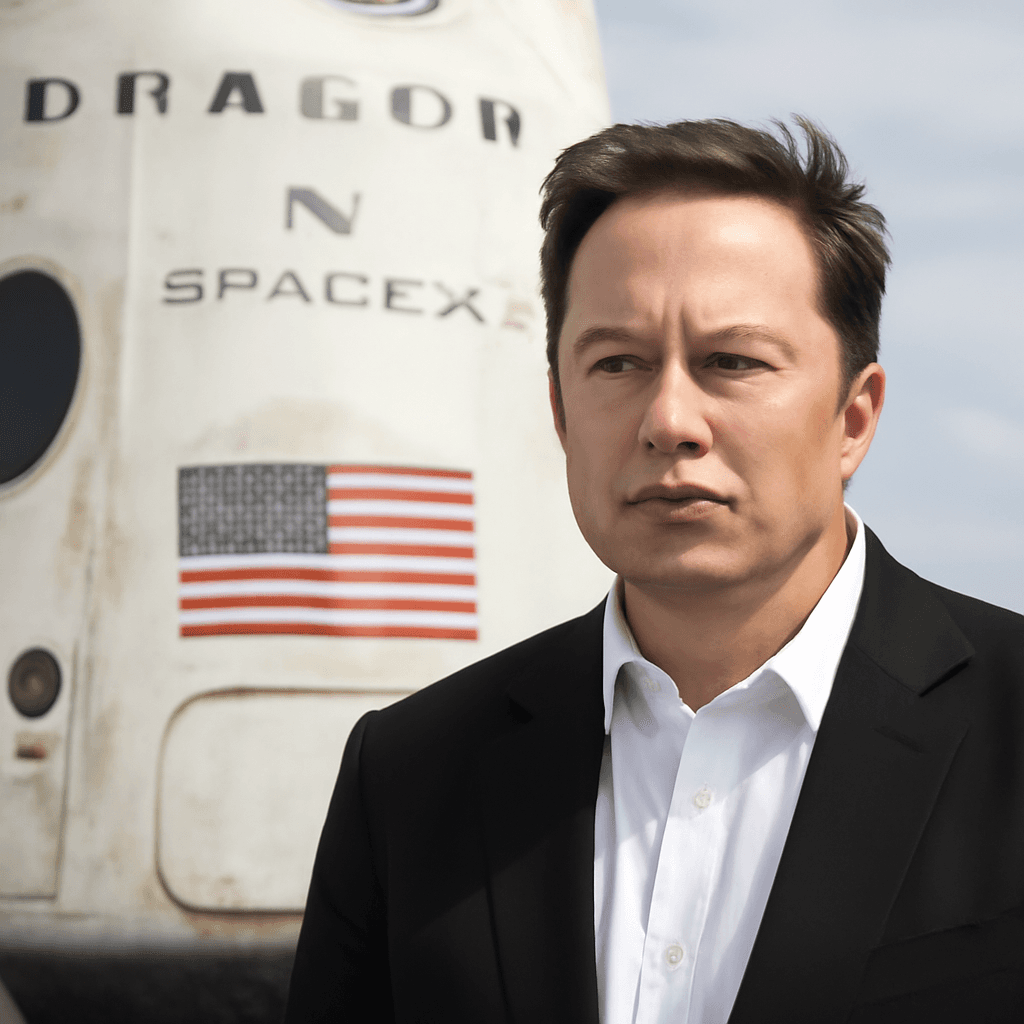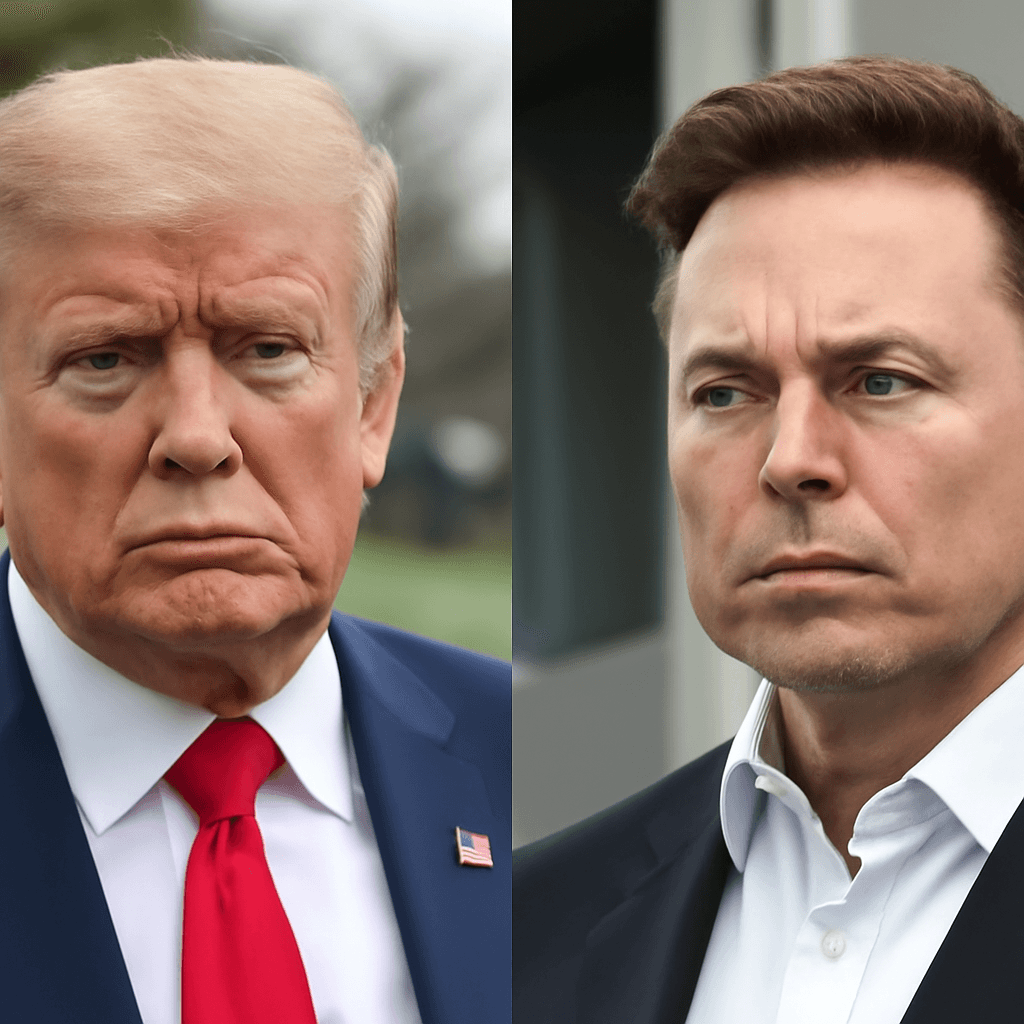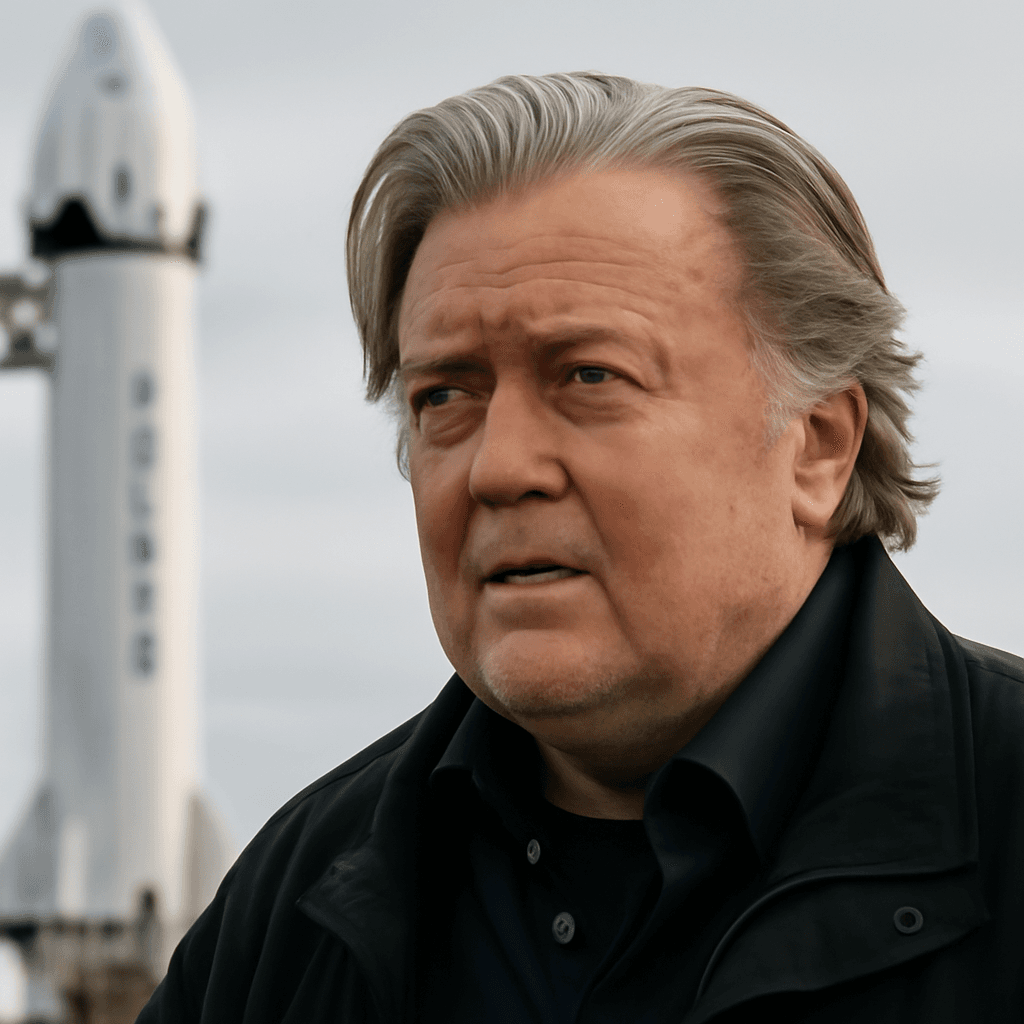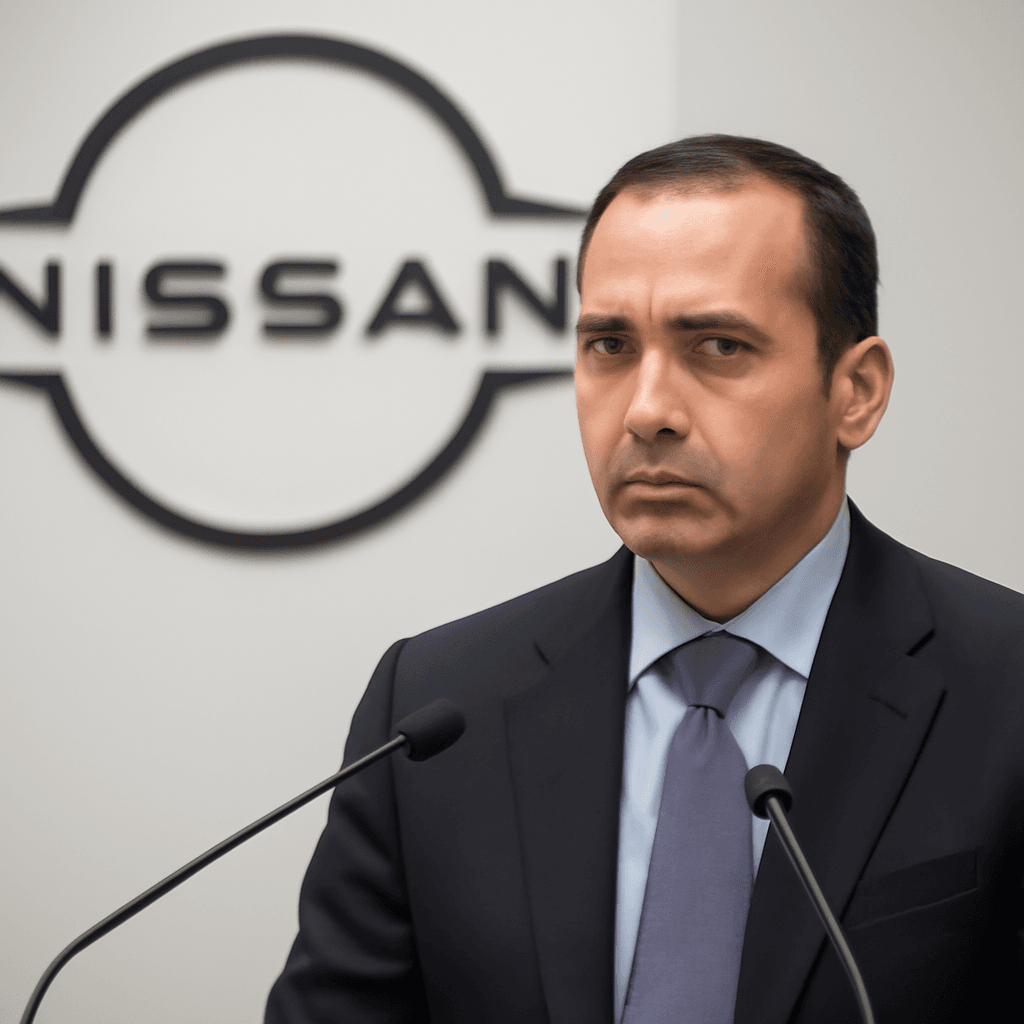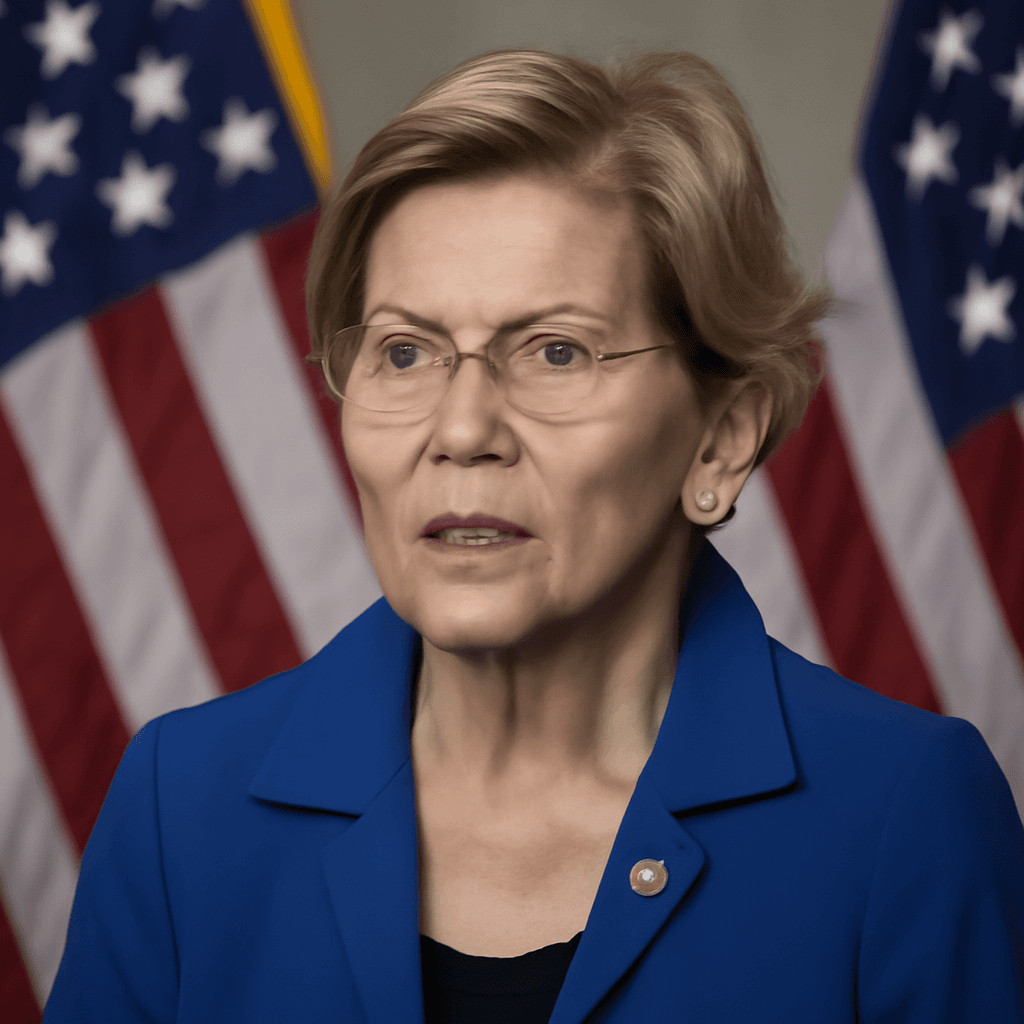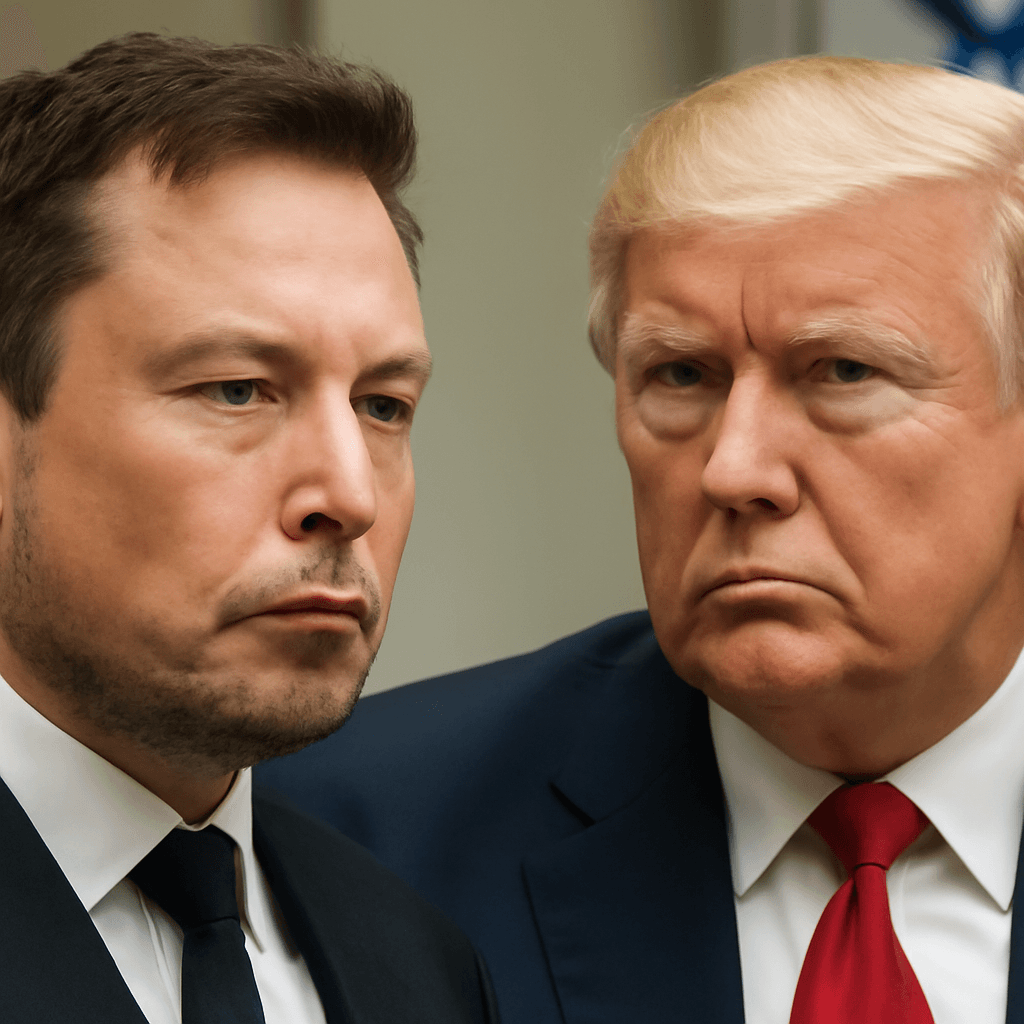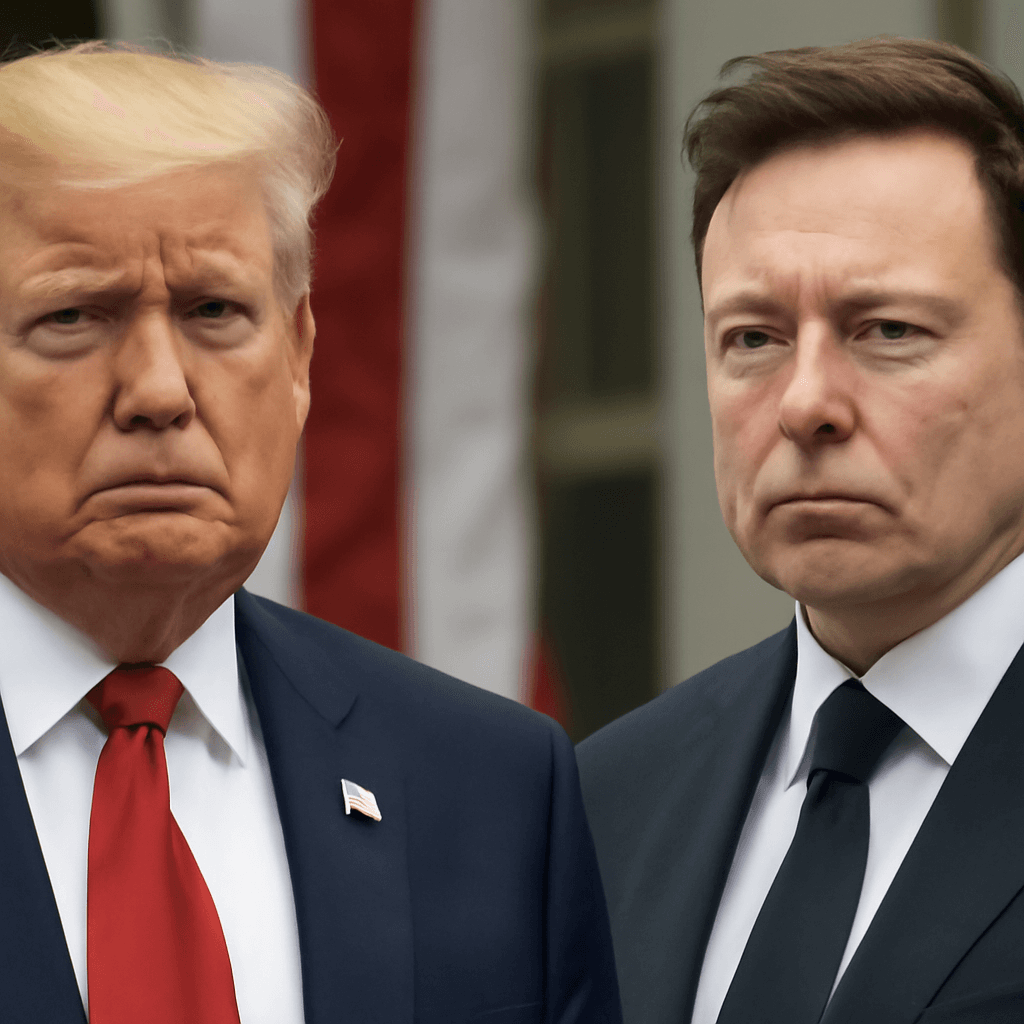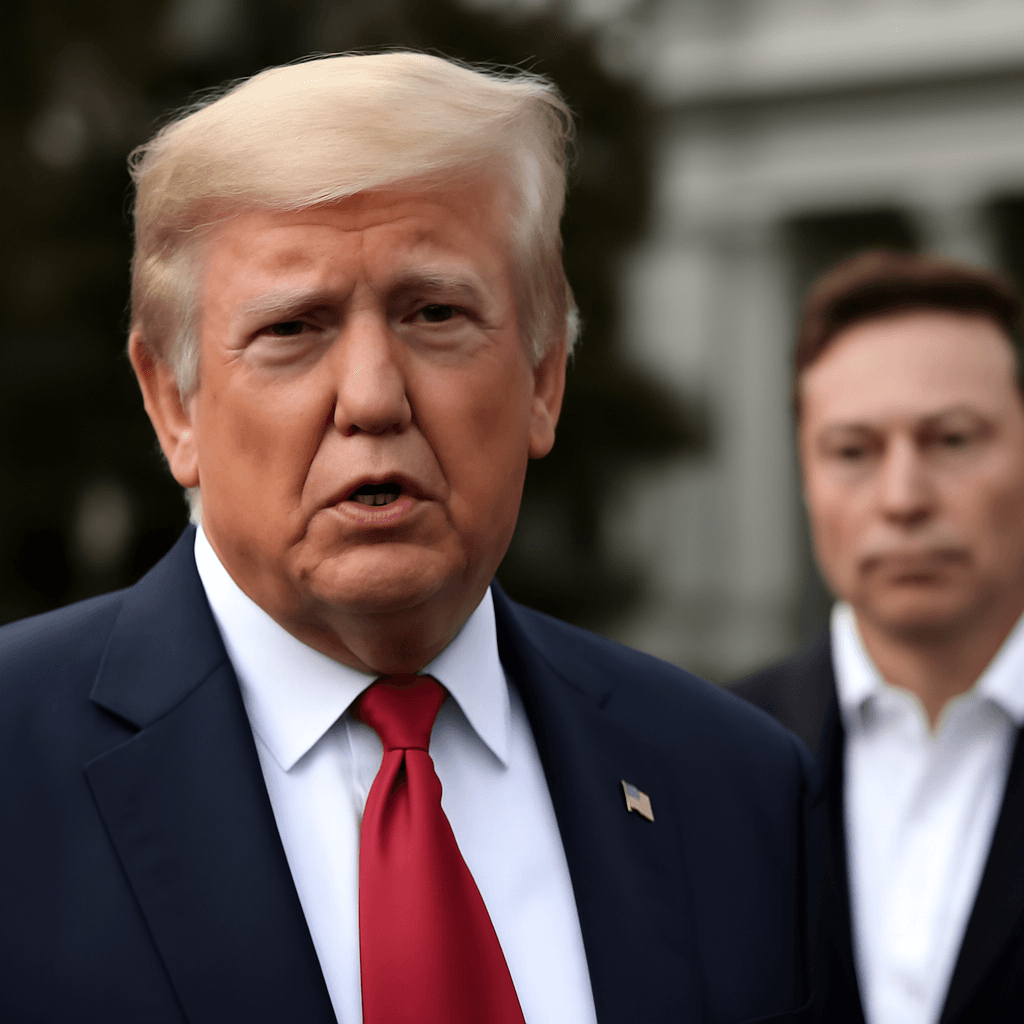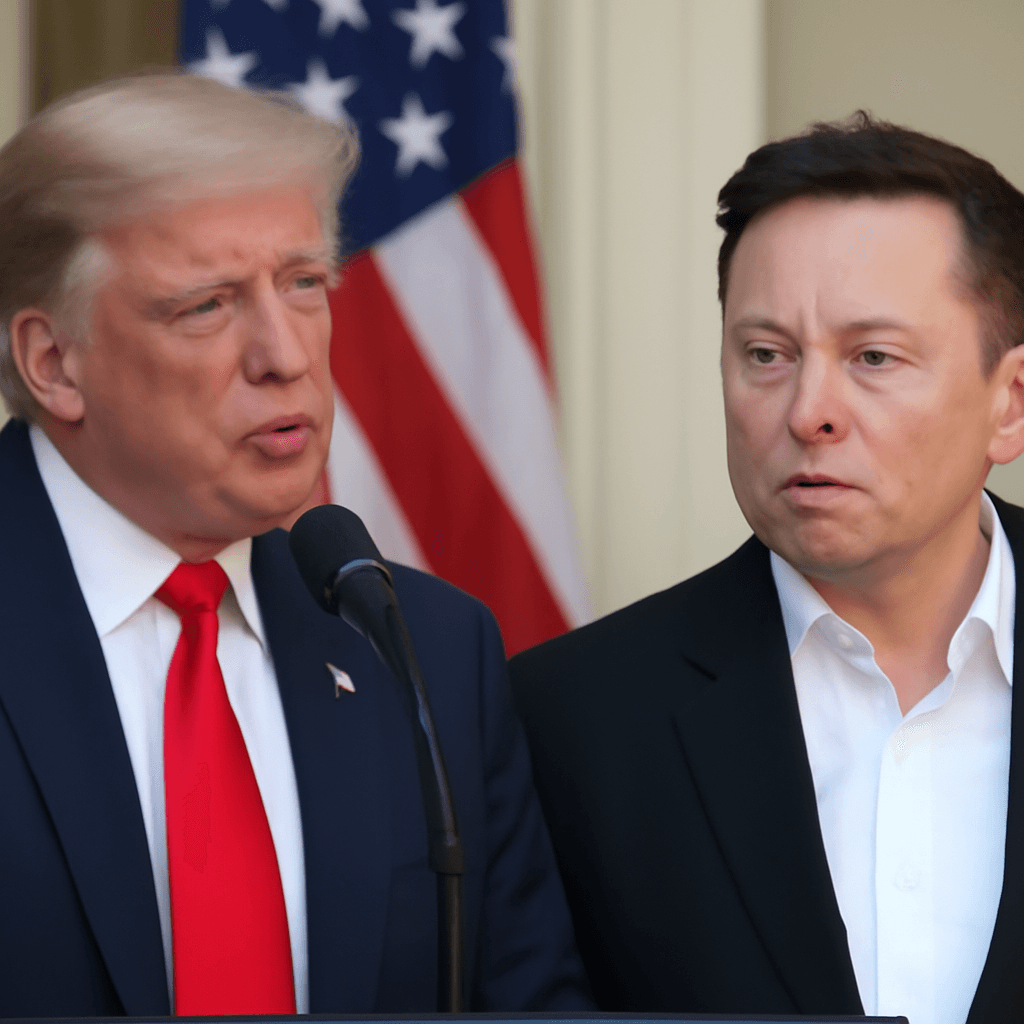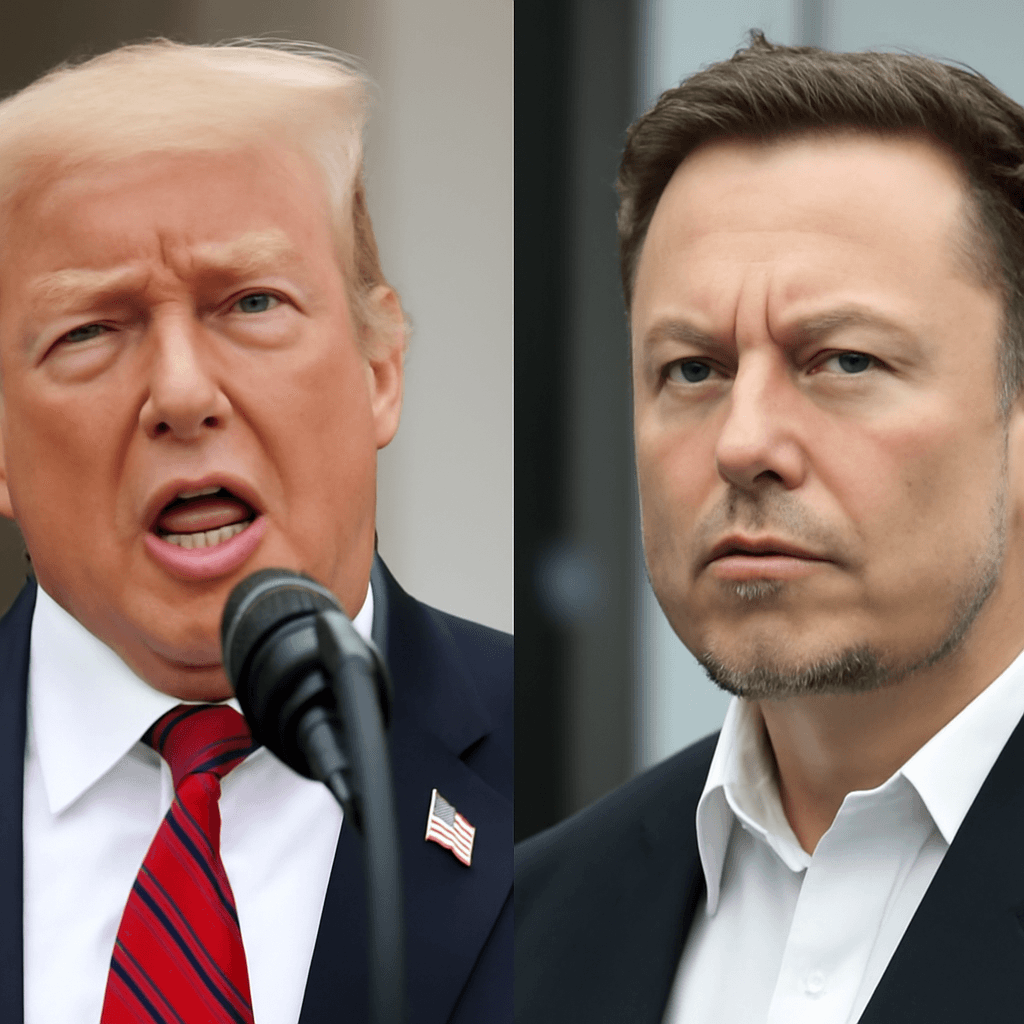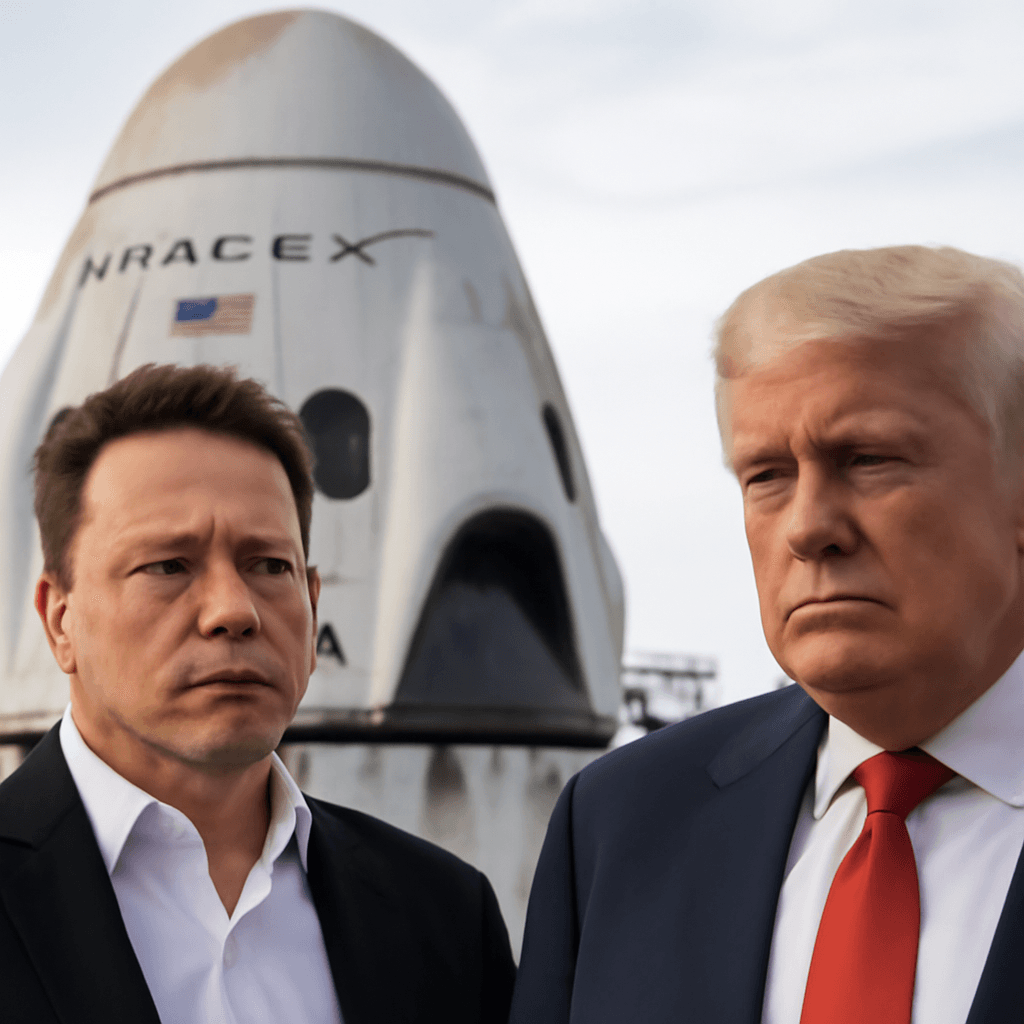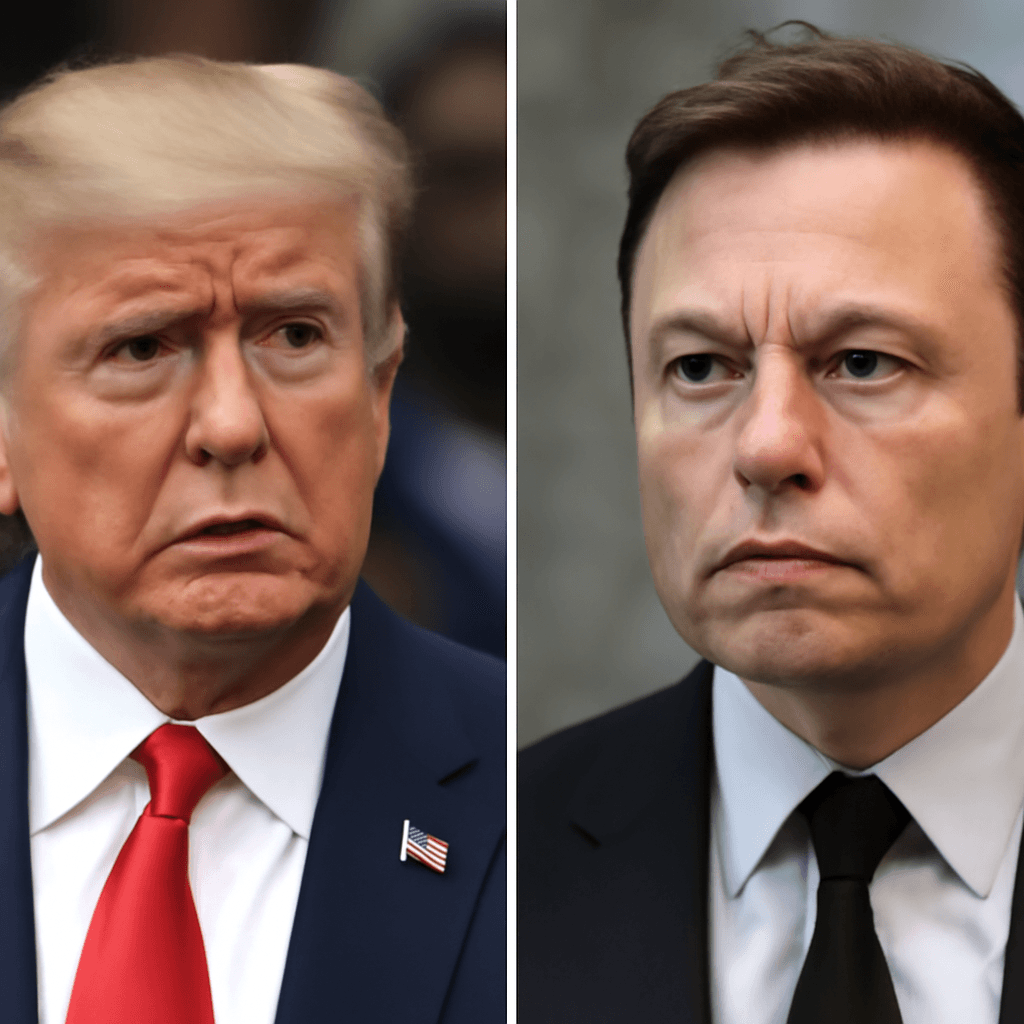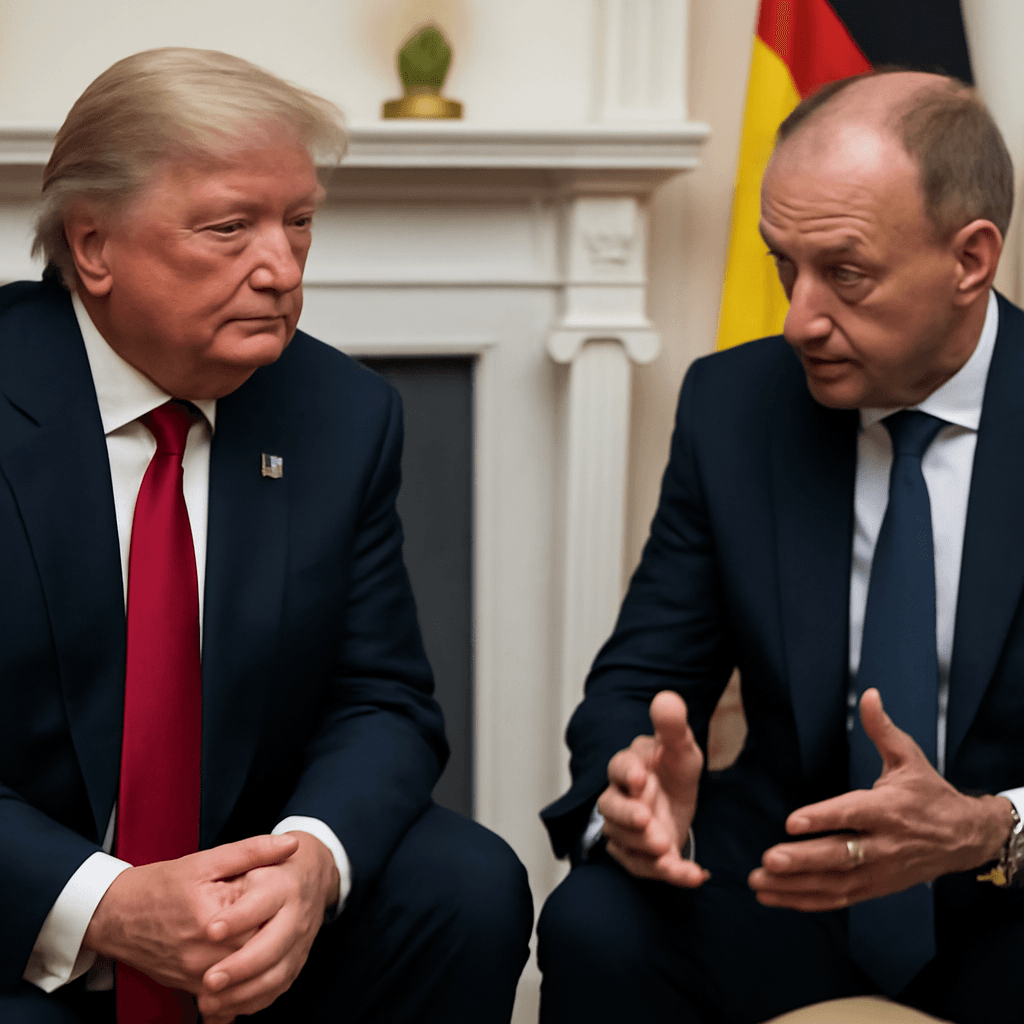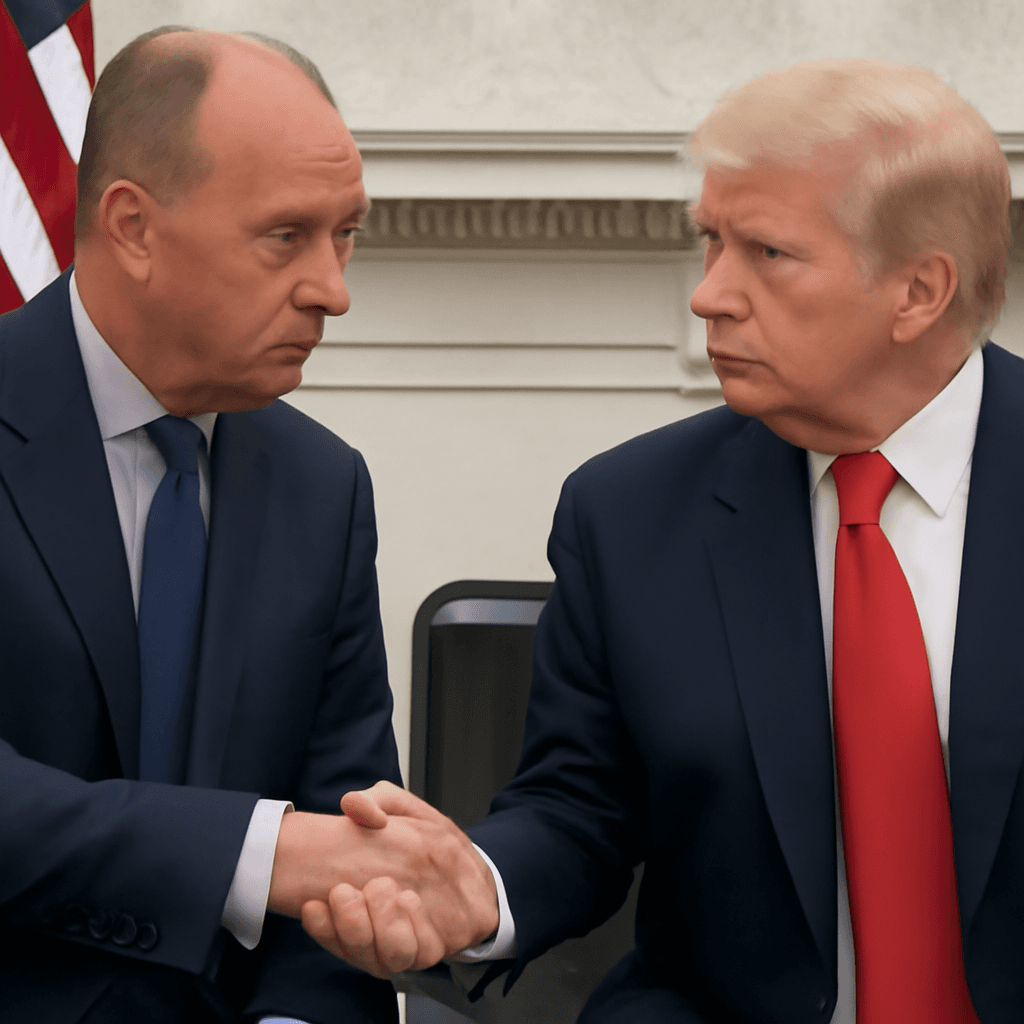Elon Musk Announces Decommissioning of SpaceX's Dragon Spacecraft
Billionaire entrepreneur Elon Musk stirred controversy by announcing the immediate decommissioning of SpaceX's Dragon spacecraft, a vital tool used by NASA to transport astronauts to the International Space Station (ISS). This announcement came shortly after U.S. President Donald Trump threatened to terminate government contracts with Musk's companies amid escalating disagreements over tax-cut and spending legislation.
Trump's Threat to Cancel Government Contracts
President Trump publicly criticized Musk and suggested ending substantial governmental subsidies and contracts given to his companies, including SpaceX and Tesla. Trump argued that terminating these contracts would save billions in the federal budget and expressed surprise that his predecessor had not taken such action.
"The easiest way to save money in our Budget, Billions and Billions of Dollars, is to terminate Elon's Governmental Subsidies and Contracts," Trump stated.
Impact on NASA and the ISS Program
The Dragon spacecraft is the only American vehicle capable of ferrying astronauts to and from the ISS, under a contract valued at approximately $4.9 billion. The ISS is a collaborative international project involving multiple countries. Removing Dragon from service would severely disrupt the ISS program, relying then only on Russia's Soyuz system for crew transportation.
Musk Retracts Decommissioning Decision
Following public backlash and a call for a cooling-off period from social media users, Musk reversed his decision. He acknowledged the advice to step back and confirmed SpaceX would not decommission the Dragon spacecraft. Musk reinforced his commitment by posting an image of the US flag alongside the Dragon and declaring allegiance to "Team America."
"Good advice. Ok, we won't decommission Dragon."
🇺🇸🇺🇸🇺🇸🇺🇸 Team America 🇺🇸🇺🇸🇺🇸🇺🇸
Background of the Dispute
Relations between Elon Musk and President Trump deteriorated rapidly after Trump expressed disappointment over Musk's public criticism of recent government spending legislation. Musk had questioned certain tariff policies, predicting they could lead to a recession later in the year. The tension followed a recent farewell event where Trump had publicly praised Musk's leadership role at the Department of Government Efficiency.
Musk denied claims that he was fully briefed on the bill Trump's administration supported, calling them false, and further intensified the feud by reminding that he was a significant donor to Trump's election campaign, contributing nearly $300 million. The feud impacted Tesla's stock, which dropped sharply following Musk's remarks.
Conclusion
The brief but intense conflict highlights the complex relationship between influential corporate leaders and political figures. While Musk's decision to retract the decommissioning avoided immediate disruption to NASA's critical mission, the public exchange underscores ongoing tensions over government spending, subsidies, and policy direction.

